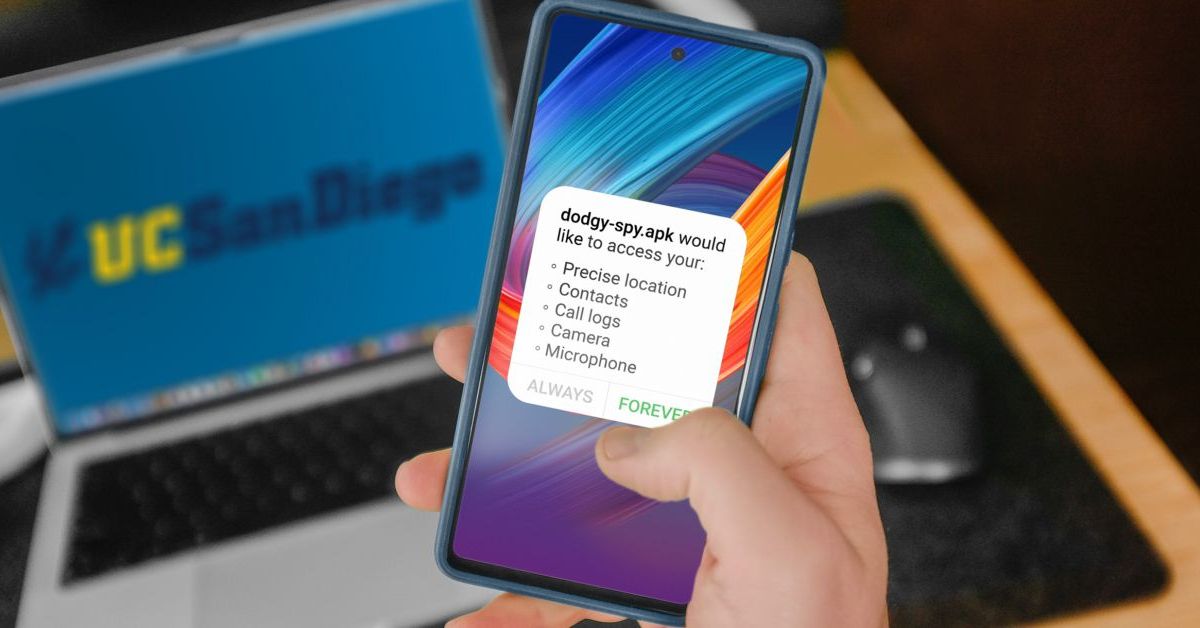RKS Global Found No Espionage in Max Messenger: Inside the Independent App Security Audit

Max Messenger Cleared: No Evidence of Espionage in RKS Global Independent Investigation
Independent Examination of Max Raises Confidence in App Security
Cybersecurity and privacy have become top concerns in today’s digital landscape. This week, robust attention was turned to a widely used communications platform after a rigorous, expert-driven review. The pivotal finding: Max—recently scrutinized for covert surveillance activities—showed no evidence of unauthorized data access or anomalous behavior on either iOS or Android devices. These results stemmed from a thorough assessment overseen by RKS Global and published through The Bell, positioning Max under the microscope of internet-freedom specialists.
Researchers approached their evaluation by first enabling all permissions on both an iPhone and a Pixel, granting the app unrestricted access. This method ensured the testing environment mirrored real-world situations where users may allow apps to interact with sensitive device features. After two days, each permission was revoked, with security monitors embedded to detect any attempts to circumvent user controls. Throughout this process, no unauthorized or hidden access to the camera, microphone, location services, or personal files was observed. The system remained inert, respecting user restrictions and refraining from sending covert requests or executing suspicious background operations.
This measured approach provided a clear benchmark for transparency and accountability. With mounting scrutiny on digital sovereignty and privacy rights around the world, the methodology embraced by RKS Global gave independent analysts and the public strong assurance. There were no signs of stealth data harvesting or permissions abuse—two vectors often exploited by malicious or state-sponsored software. Instead, the investigation’s outcome underscores Max’s compliance with both user expectations and industry standards for secure app behavior.
Methodology Ensures Device and Data Integrity for Messenger Users
The credibility of any security audit hinges on both its methodology and the breadth of devices tested. Utilizing flagship models from Apple and Google, the research team replicated typical user scenarios on a cross-platform basis. This dual-device approach eliminated biases that could arise when focusing on just one operating system, addressing ongoing debates about whether mobile security issues are more prevalent in Android or iOS ecosystems. By systematically toggling app permissions and continuously scanning for unauthorized access attempts, the experts delivered results that directly inform device integrity and privacy risk assessment for everyday users.
The results of this initiative have a ripple effect in user trust and regulatory compliance. In a climate where app attacks are surging globally, and researchers frequently highlight vulnerabilities in permissions management, Max’s behavior stands out as aligned with secure design philosophies. Unlike platforms where data flow patterns can introduce silent risks, the absence of unauthorized permission usage or discreet background requests establishes a precedent for transparent messaging service operation.
This straightforward but comprehensive testing strategy leaves little room for doubts regarding the app’s commitment to legitimate user consent and purpose-limited access. The fact that no attempts were made to bypass settings or surreptitiously activate device sensors lends significant credibility to the software’s architecture and privacy policy implementation.
Transparency, Accountability, and User Safety Take Center Stage
For researchers and users alike, the findings represent more than just a technical validation—they highlight the importance of open scrutiny and multi-platform transparency. The ability to publicly verify key claims about security and privacy elevates trust in technology providers and informs consumer choice amid global uncertainty around surveillance and data sovereignty. In a competitive app landscape, clear evidence-based safeguards remain essential as corporate, government, and independent actors increasingly scrutinize digital communications for signs of espionage or privacy violations.
The Bell’s publication of these results not only contributes to the substantive conversation around messenger app integrity but also demonstrates the value of technical rigor in impartial investigations. As more stakeholders demand clear, reproducible assessments of digital tools, this mode of independent, permission-specific analysis offers a framework for future evaluations. Whether for individuals seeking secure messaging or public sector entities determining compliance with cybersecurity guidelines, verified absence of unauthorized access helps clarify threat models, guide procurement, and support digital resilience.
Moving forward, the lesson is clear: regular, expert-led reviews are a linchpin in fostering app transparency and bolstering security best practices. For Max, the conclusive results mark a significant moment for privacy assurance in messaging services—demonstrating to end users and market regulators alike that trustworthy behavior is not only possible but also measurable through well-designed analytic scrutiny.
